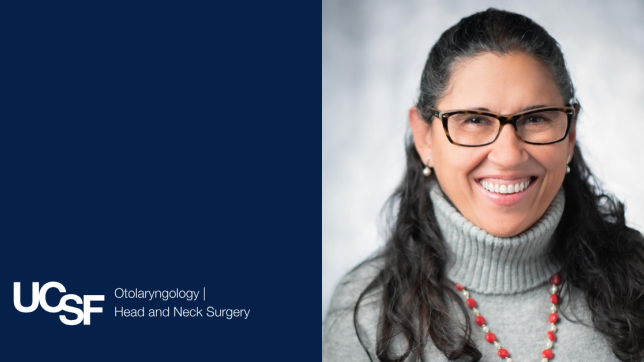
In a recent article in The Conversation, Department of Otolaryngology – Head and Neck Surgery at the University of California, San Francisco (UCSF OHNS)'s Jennifer Grandis, MD, discussed her research into the challenges women face to advance in academic medicine. In addition to her work as a cancer researcher, physician and surgeon, Dr. Grandis studies gender inequity within medicine.
Through in-person interviews with more than 100 people in medicine all over the US, Dr. Grandis found that one of the most important reasons women struggle to advance is because they are "consistently excluded from important, male-dominated networking activities."
Both men and women interviewees described a "boys club" and noted the importance of informal networking activities, such as golfing, fishing and watching sports. A few interviewees mentioned or alluded to strip clubs.
The article, titled "Networking practices and gender inequities in academic medicine," was published in eClinicalMedicine by The Lancet.
"Many women in academic medicine are fully qualified to advance to the highest levels, yet they are not represented proportionally," writes Dr. Grandis. "My research shows that exclusion from networking opportunities is one of the reasons."
Dr. Grandis has written extensively on the gender gap in the sciences. Recent academic articles include an analysis in JAMA Network Open about promotion and tenure and a study on mentoring relationships in Academic Medicine. Dr. Grandis also authored an article in Stat about bias in start-up packages and an article in Ms. Magazine titled "Women in Academic Medicine Wait for Our #MeToo Moment."
To stay up to date on Dr. Grandis's work, follow her on Twitter.




